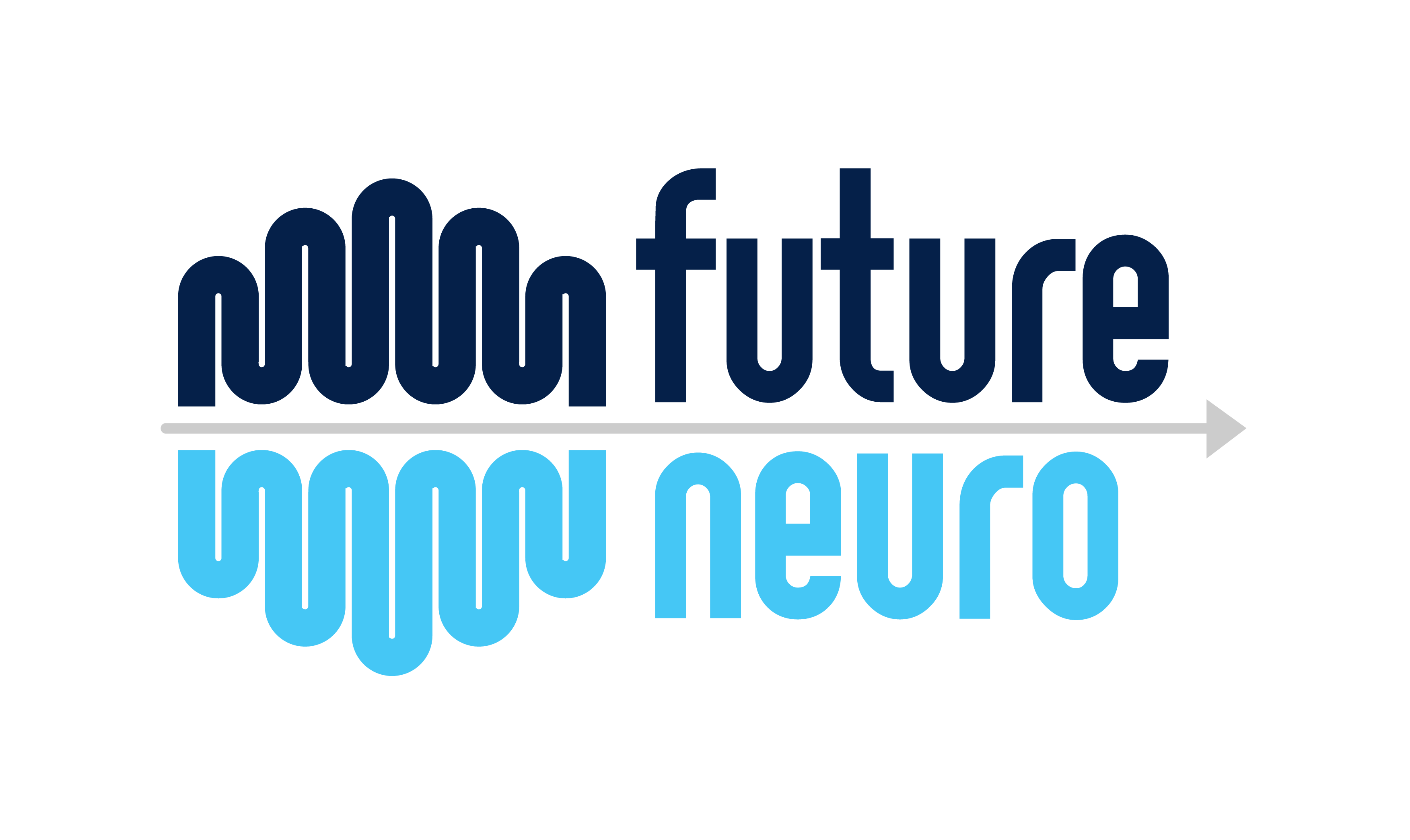| Email: | CAMPBEM2@tcd.ie |
| Institution: | Trinity College Dublin |
| Disease Areas: | Fragile X |
| Epilepsy | |
| Multiple Sclerosis | |
| Traumatic brain injury (TBI) | |
| Nationality: | Irish |
| Thematic Area: | Diagnostics |
| Therapeutics | |
| Areas of expertise: | Blood Brain Barrier |
| Genetics | |
| molecular pathology |
Dr Matthew Campbell graduated from University College Dublin (USD) in 2006 with PhD in Biochemistry followed by Post-doctoral research in Trinity College Dublin (TCD) in Human Molecular Genetics (2006-2012). He has published extensively on the use of RNA interference (RNAi) to modulate levels of distinct tight junction proteins at the blood-brain barrier/inner blood retina barrier (BBB/iBRB) in vivo. Additionally, he has published numerous articles focused on understanding the molecular pathology of diseases such as age-related macular degeneration (AMD), Alzheimer's disease, Schizophrenia, traumatic brain injury (TBI) and chronic traumatic encephalopathy (CTE).
His laboratory focuses primarily on the molecular biology and physiology of the vasculature associated with neural tissues. The team use genetic and molecular biology based approaches to explore the interplay between neural tissues and the systemic circulation. One major topic of his research centered on the tight junctions located between microvascular endothelial cells of the blood brain and inner blood retina barriers (BBB/iBRB) and how these barriers function in health and disease. The team aim to develop technologies to address an unmet clinical need for a range of neural conditions that currently have limited forms of therapeutic intervention and these include Alzheimer Disease, Multiple Sclerosis, Glioblastoma multiforme (GBM), traumatic brain injury (TBI), chronic traumatic encephalopathy.
Prof. Campbell's project within FutureNeuro uses BBB opening solutions to create molecular pores around specific brain regions, enabling delivery of macromolecule-based therapeutics to sites of damage. Campbell's contributions to FutureNeuro include two ERCs awards, a spin-out company (Exhaura) and an industry project (Ulysses).


